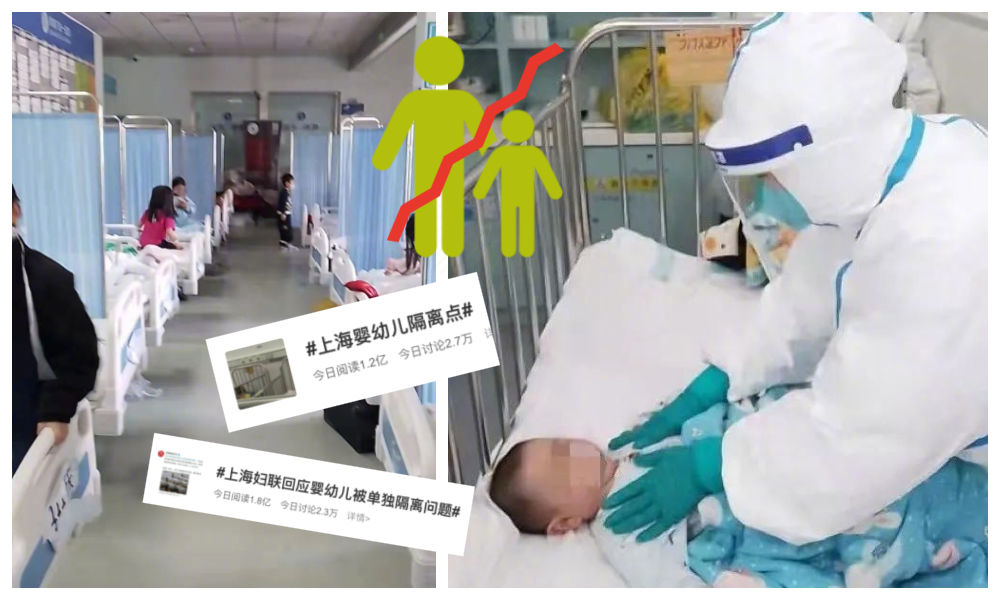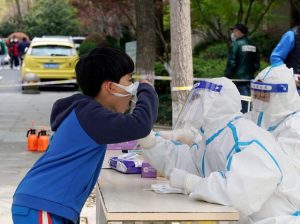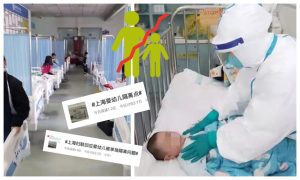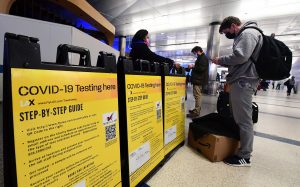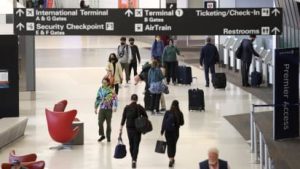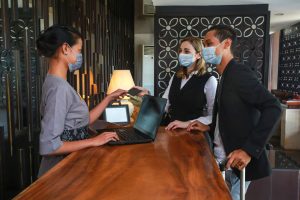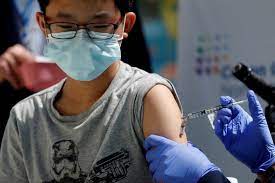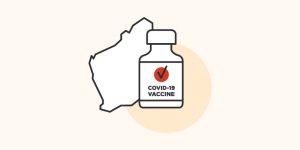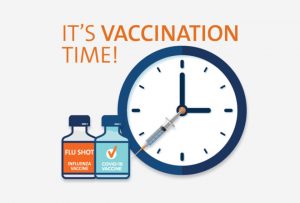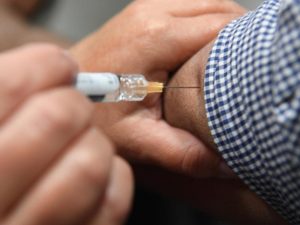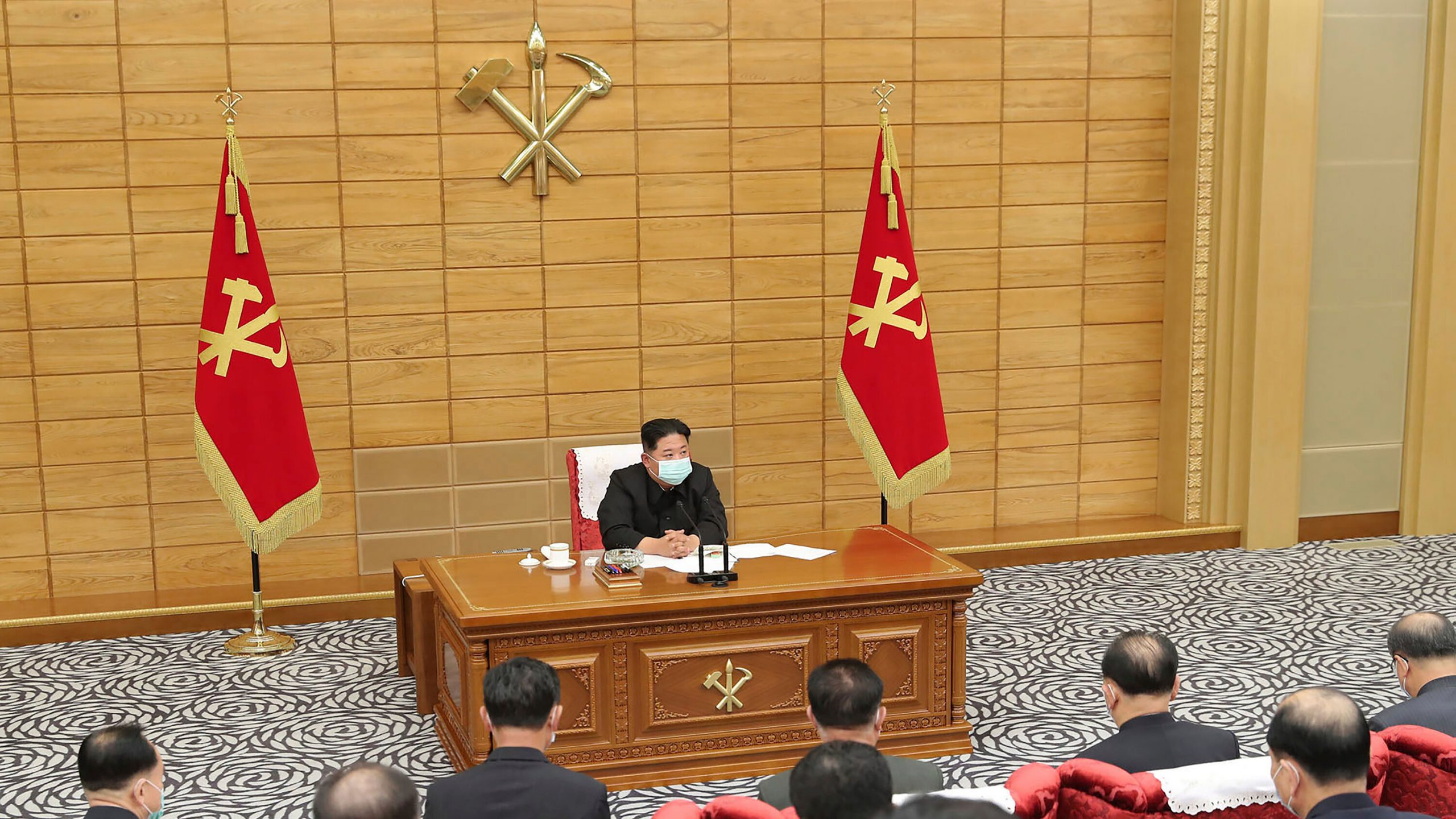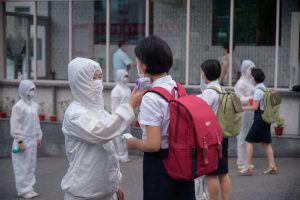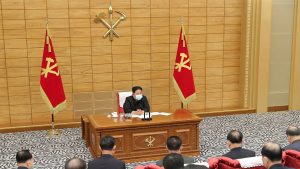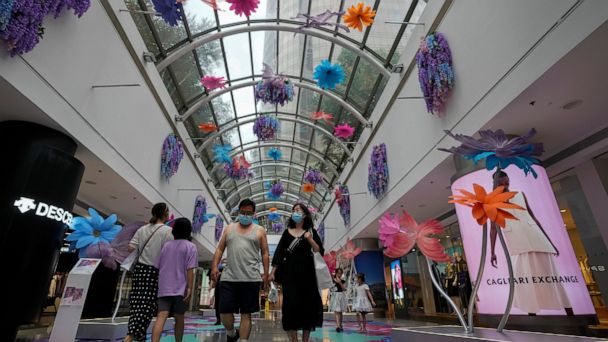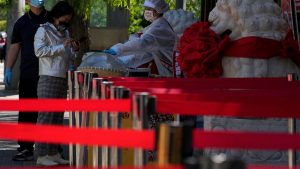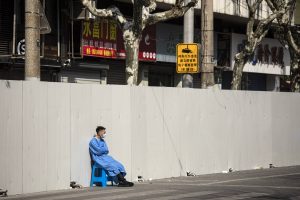1. Covid spreading at Guangzhou

The southern Chinese city of Guangzhou shut down a neighbourhood and ordered its residents to stay home Saturday for door-to-door coronavirus testing following an upsurge in infections that has rattled authorities.
Guangzhou, a business and industrial centre of 15 million people north of Hong Hong, has reported 20 new infections over the past week. The number is small compared with India’s thousands of daily cases but alarmed Chinese authorities who believed they had the disease under control.
The spread of infections was “fast and strong,” the official Global Times newspaper cited health authorities as saying.
Saturday’s order to stay home applied to residents of five streets in Liwan District in the city centre.
Outdoor markets, child care centres and entertainment venues were closed. Indoor restaurant dining was prohibited. Grade schools were told to stop in-person classes. People in parts of four nearby districts were ordered to limit outdoor activity.
The city government earlier ordered testing of hundreds of thousands of residents following the initial infections. The government said some 700,000 people had been tested by Wednesday.
Most of the latest infections in Guangzhou are believed to be linked to a 75-year-old woman who was found May 21 to have the variant first identified in India, state media say. Most of the others attended a dinner with her or live together.
2. ‘Mega prizes’ from Qantas for COVID-19 vaccine recipients

Qantas CEO Alan Joyce is calling for more Australian companies to come forward with perks and incentives encouraging the public to get the COVID-19 vaccine.
The airline’s vaccine incentive program, which launches in July, will offer several deals including unlimited travel for a year for 10 lucky families.
“We are looking at giving 1000 points flight vouchers, credits and we are going to offer ten mega prizes, at least one for each state and territory, where a family of four get unlimited travel on the Qantas and Jetstar network, anywhere in the network for a year,” Mr Joyce
He also confirmed the airline is working with hotel business Accor Group, which will offer a million points and free accommodation to the winning families.
“We are trying our best to help with this rollout – it will be retrospective and will include anyone who has already been vaccinated and will apply to anybody that is vaccinated until the end of 2021,” he said.
The Qantas program aims to encourage more Australians to come forward to get the coronavirus vaccine and Mr Joyce said the more people who are out there leading by example, the better it will be for everyone.
Mr Joyce said Qantas still plans to resume international flights by the end of the year. (Getty)
3. Heart problems with Covid-19 vaccine?
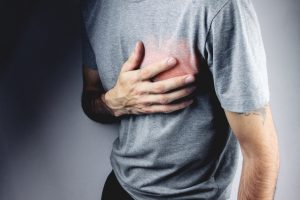
To date, no connection has been made between heart problems and the mRNA covid-19 vaccines, yet CDC in the US announces they are investigating to ensure patient safety.
The CDC Vaccine Safety Technical Working Group announced that the number of cases they are have captured in their monitoring system are not above the baseline they had set. The total number of patients that have developed myocarditis has not been reported but the CDC did notify the public that the condition is more common in younger males after they receive their second dose. The US health authority is taking these issues seriously because vaccines have been known to cause myocarditis. Additionally, with the vaccines being so new, it is important that the public trust that any possible issues are being investigated thoroughly.
This means that in light of the possible complication, the CDC believed the vaccines were safe enough for use in younger people. The CDC had this infomration available when it approved the Pfizer & BioNTech vaccine for those between the ages of twelve and fifteen earlier this month.
The CDC is requesting the medical records of those who have experienced a case of Myocarditis to see if there are any other factors the patients have in common. The group also discussed the need for “collaboration between infectious diseases, cardiology, and rheumatology specialists” to inform healthcare providers with guidance on how to diagnose, treat, and manage myocarditis.
4. Research shows vaccines protect life

New research has shown COVID-19 vaccines are highly protective against severe disease and death after a full course is administered.
The study by University of Florida researchers is yet to be peer-reviewed and published, but the data has been cross-checked with journal articles and media reports.
Overall, the vaccines averaged 85 per cent protection against COVID-linked disease and almost 100 per cent protection against severe disease.
But the researchers said new variants could challenge vaccine efficacy as protection against any disease varied in relation to any new variants.
The researchers said they hope the study can help shape policy decisions around vaccinations and construct models for vaccine impact.

5. Taiwan signs for up to 20 million COVID shots

/ Health Minister Chen Shih-chung
aiwan’s government has signed deals with two local companies to provide up to 20 million doses of their COVID-19 vaccines, the official Central News Agency said on Sunday, in a boost to the island’s pandemic fight.
The news comes days after the Chinese-claimed island blamed Beijing week for blocking a deal earlier this year for BioNTech vaccines, which China denies.
After recording just a handful of daily infections for months, Taiwan is dealing with relatively large numbers of community transmissions, though infection rates are starting to fall.
It has only vaccinated around 1% of its more than 23 million people but has almost 30 million shots on order, from AstraZeneca Plc , Moderna Inc and two domestic firms. The Central News Agency said the government had on Friday signed deals with Medigen Vaccine Biologics Corp and United Biomedical Inc for five million doses each, and had oral agreements for another five million each, for a total of 20 million shots.
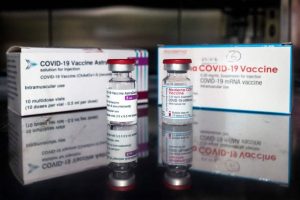
However, neither shot has yet been formally approved for use and both are still undergoing tests, which Taiwan’s government says are going well. Earlier on Sunday, Health Minister Chen Shih-chung said Taiwan has not given up hope of eventually getting COVID-19 vaccines from Germany’s BioNTech.
6. India: vaccine quota to be 120 million after 79 million in May

Nearly 120 million vaccine doses will be available for the national Covid vaccination programme in June, as announced by the Union ministry of health and family welfare announced on Sunday.
Both companies supplying the jabs are looking at ramping up their production capacity to 110-120 million doses from the existing 75-80 million.
At least 60 million (60,960,000) doses of Covid-19 vaccines will be supplied to the states and Union territories for vaccination of the priority groups of health care workers, frontline workers and people aged 45 years and above as free supply from the central government channel. Apart from that, close to 59 million (58,610,000) vaccine doses will be available for direct procurement by the states and private hospitals.
The allocation of supplies through the government of India channel to the states and Union territories is decided based on the consumption pattern, population, and vaccine wastage. The supply details are shared in advance for 15/30 days, to ensure better planning and delivery of vaccines.
“The supplies are being fast ramped up by the manufactures, so more vaccine doses will be available in weeks to come. The doses need to be effectively distributed also at the state level keeping the current supply scenario in mind. The priority has to be covering the country’s high-risk population — health care, and frontline workers, and those above 45 years of age,” said a senior central government official, requesting anonymity.

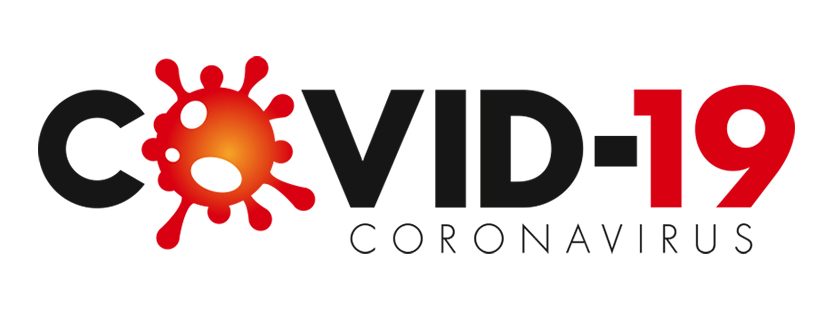

 COVID-19 Around the World4 years ago
COVID-19 Around the World4 years ago
 Cuisine Explorer5 years ago
Cuisine Explorer5 years ago
 Tagalog5 years ago
Tagalog5 years ago
 Uncategorized5 years ago
Uncategorized5 years ago
 Cantonese - Traditional Chinese5 years ago
Cantonese - Traditional Chinese5 years ago
 Uncategorized5 years ago
Uncategorized5 years ago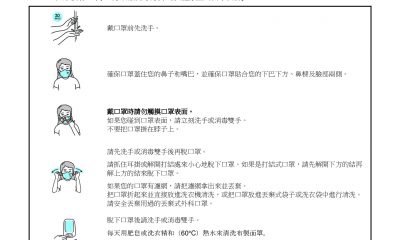
 Uncategorized5 years ago
Uncategorized5 years ago










